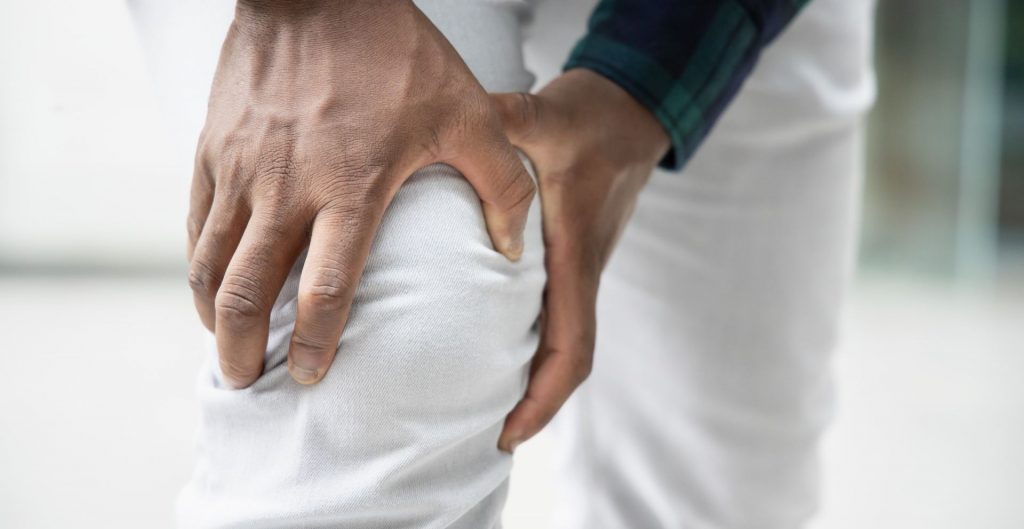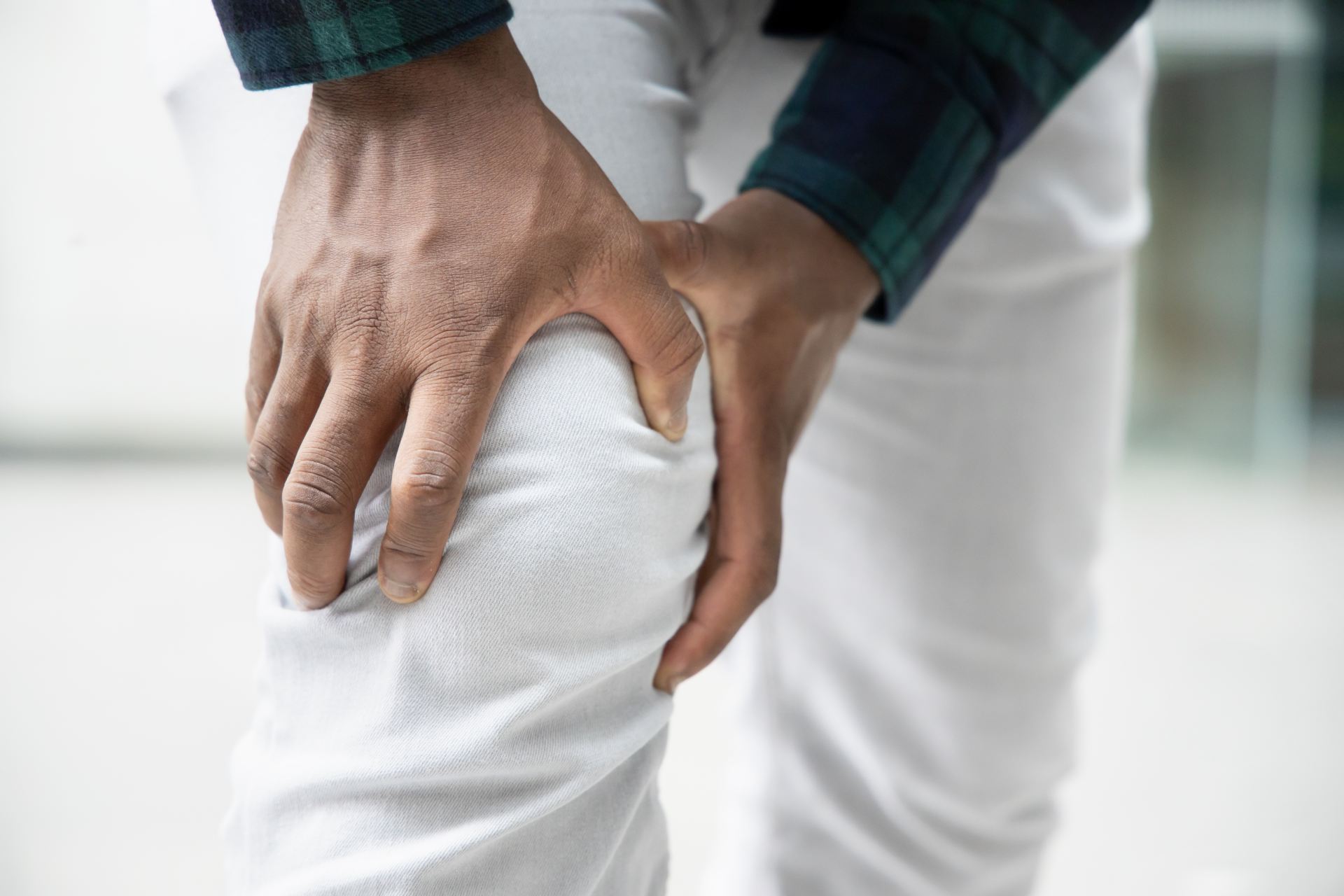Written by Manal Usmani and Edited by Alexander Alva

Joint pain is often attributed to the general term “arthritis,” but there are two specific categories of this condition. Rheumatoid arthritis is a consequence of your immune system attacking the tissues around the joints, leading to inflammation that causes discomfort with joint movement. In a similar light, osteoarthritis develops after cartilage—the cushion between two bones at a joint—degenerates over time, resulting in increased friction between the bones. The colloquial use of the term, arthritis, usually refers to osteoarthritis because it is much more prevalent. In fact, over 32 million US adults are living with either knee, hand, or hip osteoarthritis today [1]. One of the most debilitating types is knee osteoarthritis because it can impair proper walking ability, preventing patients from carrying out basic day-to-day functions, which undoubtedly decreases their quality of life.
Your doctor will often diagnose knee osteoarthritis with X-ray imaging or MRI scans and order additional joint fluid and/or blood tests to gather more evidence of your condition [2]. To target the major symptom of pain, common treatments often include a variety of painkillers, non-steroidal anti-inflammatory drugs (NSAIDs), and drugs like Cymbalta (Duloxetine) [2]. Treatments to repair and grow cartilage to reverse knee osteoarthritis are also under investigation. Stem cells, which have a greater potential to divide and grow than our normal cells, are an attractive target for therapeutic use in diseases involving cell defects or degeneration. Specifically, mesenchymal stem cells (MSCs) are specialized to produce cartilage cells (chondrocytes) and have shown promising results in clinical trials [3] [4]. MSCs are injected directly into the joint space between two bones.
One study conducted research over a two-year period shows that MSC injections can alleviate discomfort and significantly increased cartilage growth in knees [5]. Another study using bone marrow stem cells showed similar results and significantly improved patient outcomes [6].
Recommendation for treatments depends on the severity and progression of osteoarthritis and will be unique to each patient’s case. The aforementioned studies, however, are limited by the fact that these studies were not blind, that the populations studied were not diverse, and that treatment outcomes of patients with varying severities of osteoarthritis were not differentiated. Similar to many age-related and chronic illnesses, the best method to prevent any type of osteoarthritis is to engage and exercise your joints. Risk of knee osteoarthritis can be reduced by relieving stiffness, for example, through daily outdoor walks!
References:
- “Osteoarthritis (OA).” Centers for Disease Control and Prevention, Centers for Disease Control and Prevention, 27 July 2020, www.cdc.gov/arthritis/basics/osteoarthritis.htm. Accessed 12 Apr. 2021.
- “Osteoarthritis: Diagnosis.” Mayo Clinic, Mayo Foundation for Medical Education and Research, 22 Feb. 2020, https://www.mayoclinic.org/diseases-conditions/osteoarthritis/diagnosis-treatment/drc-2035 1930. Accessed 12 Apr. 2021.
- Ullah, I., Subbarao, R. B., Rho, G. J. (2015). Human mesenchymal stem cells – current trends and future prospective. Bioscience reports. 35:2.
- Arshi, A., Petrigliano, F. A., Williams, R. J., Jones, K. J. (2020). Stem Cell Treatment for Knee Articular Cartilage Defects and Osteoarthritis. Current Reviews in Musculoskeletal Medicine. 13:20-27.
- Al-Najar, M., Khalil, H., Al-Ajlouni, J., Al-Antary, E., Hamdan, M., Rahmeh, R., Alhattab, D., Samara, O., Yasin, M., Abdullah, A. A., Al-Jabbari, E., Hmaid, D., Jafar, H., Awidi, A. (2017). Intra-articular injection of expanded autologous bone marrow mesenchymal cells in moderate and severe knee osteoarthritis is safe: a phase I/II study. Journal of Orthopaedic Surgery and Research. 12:190.
- [6] Garay-Mendoza, D., Villarreal-Martínez, L., Garza-Bedolla, A., Pérez-Garza, D.M., Acosta-Olivo, C., Vilchez-Cavazos, F., Diaz-Hutchinson, C., Gómez-Almaguer, D., Jaime-Pérez, J.C., Mancías-Guerra, C. (2018). The effect of intra-articular injection of autologous bone marrow stem cells on pain and knee function in patients with osteoarthritis. International Journal of Rheumatic Disease. 21:140-147.
